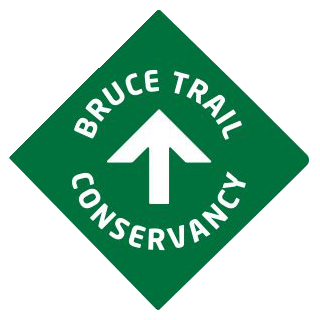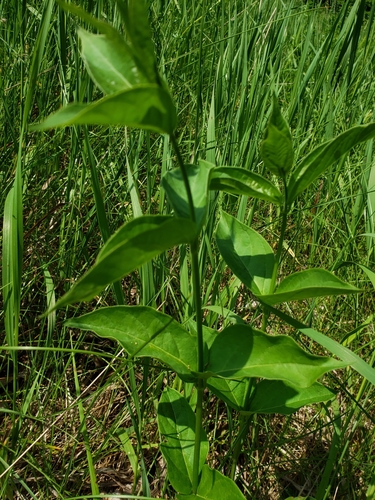The Bruce Trail now routes past the Landscape of Nations Memorial! As a way to mark its Seventh Anniversary, an official and authoritative Landscape of Nations Facebook page has been launched by those who were actively involved in the early motivational, historical, conceptual, and artistic origins of this magnificent public artwork. Richard Merritt, Rick Hill,…
 November 12, 2023
Tammy
No comments exist
November 12, 2023
Tammy
No comments exist








